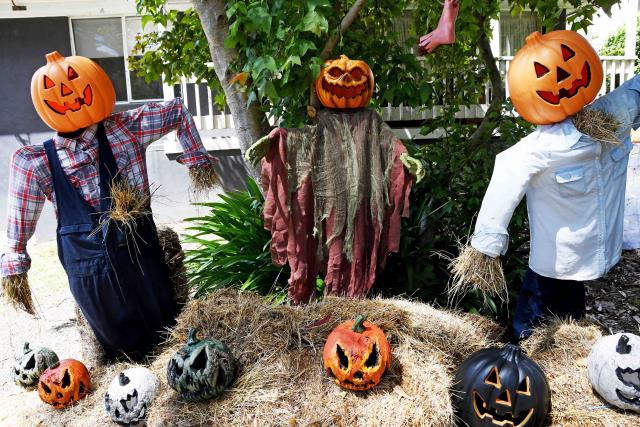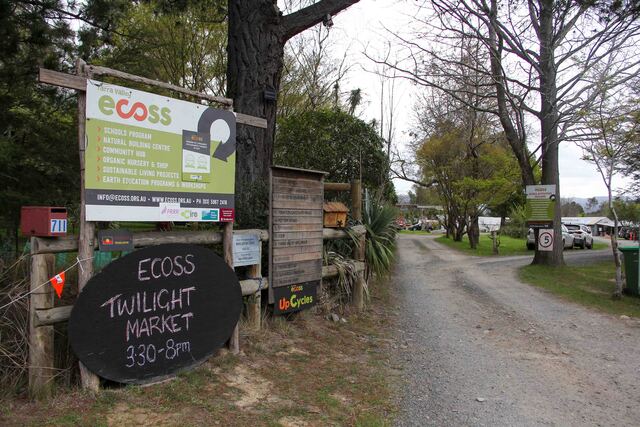By Kath Gannaway
ONEof Healesville’s wildlife champions, Josiah Klein, is appealing to the public to keep a lookout for orphaned joeys.
Ms Klein runs a registered wildlife shelter in Badger Creek.
Spring is joey season for native animals including possums, wombats, kangaroos, and wallabies, and it is also one of the busiest times of the year for the small but dedicated band of wildlife carers.
Not only cars do the damage, however.
“We get a lot of orphans as a result of humans not taking responsibility for their domestic animals,” Ms Klein said.
Mombasa, a five-month-old possum joey, is now thriving, but only after months of intensive caring including regular feeds of special milk formula, a stable, warm “pouch”, and reassuring words from Ms Klein.
“He was brought to us after his mother was attacked by a dog. She threw him from her pouch to protect him when she was threatened but then rejected him when the owner tried to reunite them,” Ms Klein explained.
Another tiny possum, retrieved from the mouth of a domestic cat on Monday, was not expected to fare so well. It has a puncture. “There are most likely three or four siblings and it will probably just go back for them,” said Ms Klein, clearly disheartened.
The carnage on Yarra Valley roads is always evident but the tragedy is compounded when the adult victim is carrying a joey.
“If people don’t stop when they hit an animal then the babies are just left to die,” Ms Klein said.
“People need to stop and check the pouch. If the mother is dead and the baby is still attached to the teat it is important it is not just reefed off.”
Ms Klein said advice on what to do at the scene, or if someone is squeamish about checking the pouch themself, is available 24 hours a day from Help For Wildlife on 0417 380 687.
They will also advise of the nearest registered wildlife shelter.
Three vital things to do to help orphans survive are to resist the urge to give any food or water, keep the animal warm, and take it to a registered shelter.
If a dead animal has been checked by a wildlife rescuer then it will be marked with spray paint.
“Prevention is so much better, and at this time of year people need to keep their dogs and cats inside to avoid the sort of ordeal Mombasa is going through,” Ms Klein said as she tucked the still nervous ball of grey fur back into its substitute pouch.
“There is just not enough habitat left and so many threats with dogs, cats and cars. We have to be the protectors of these animals.”
Treacherous times
Digital Editions
-

Cultures give the gift of rhythm at ECOSS
A beautiful coalescence of culture and music took place at the Yarra Valley ECOSS farm for its fourth Rhythm of the Worlds event on 18…





